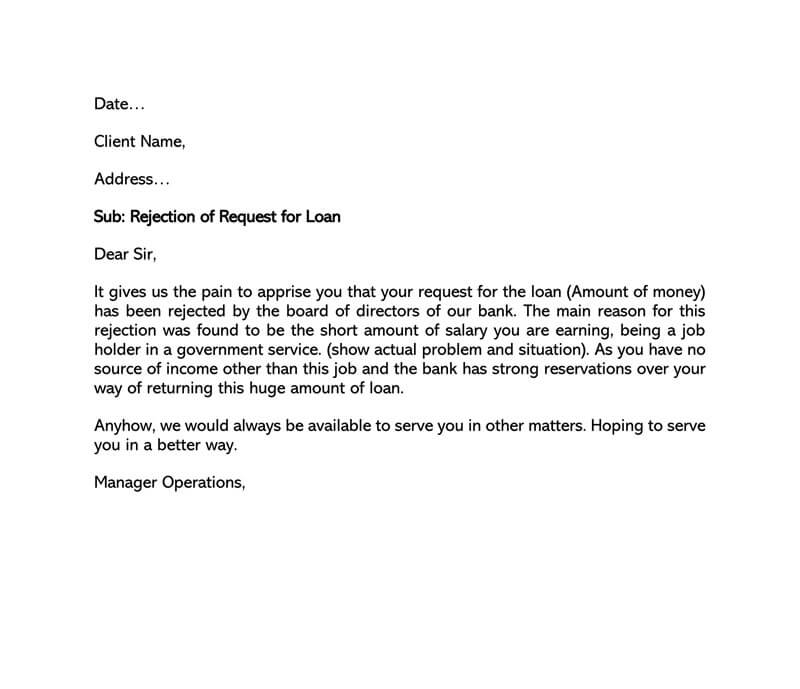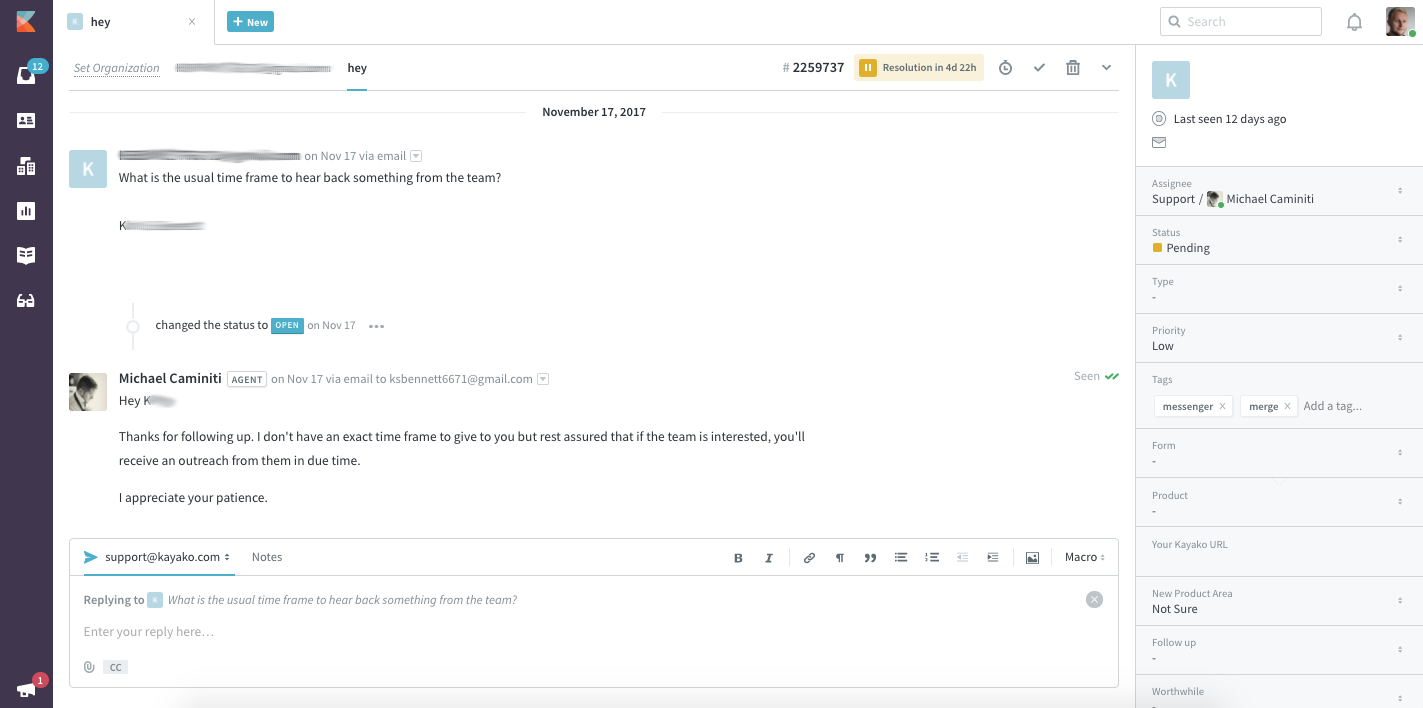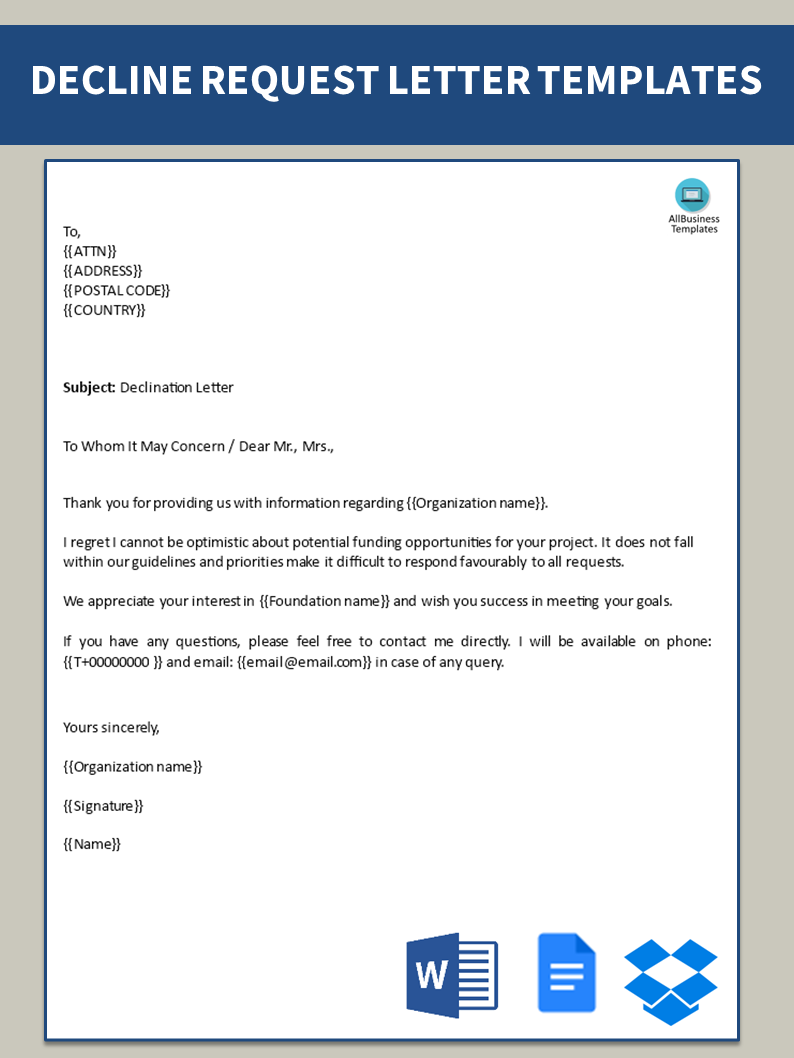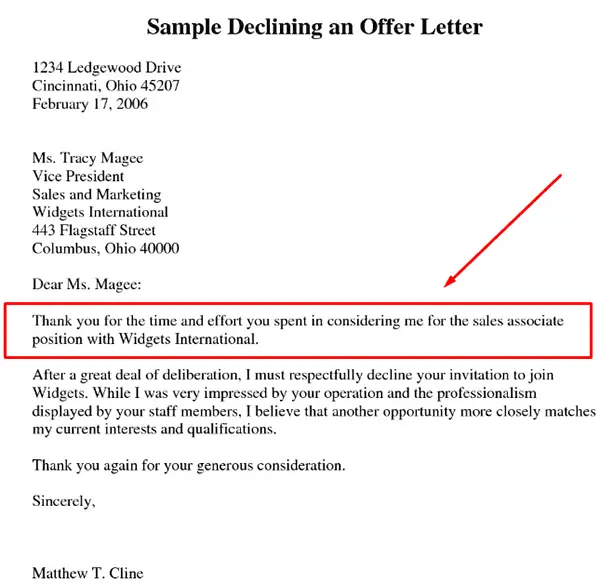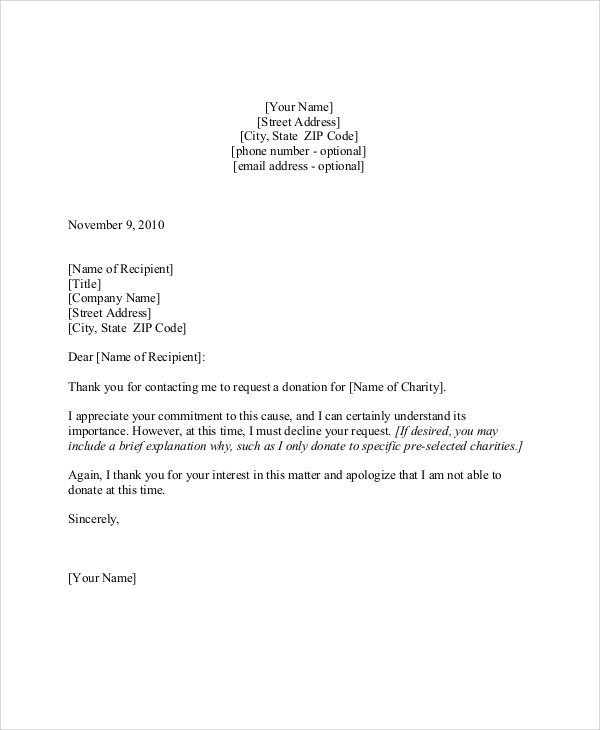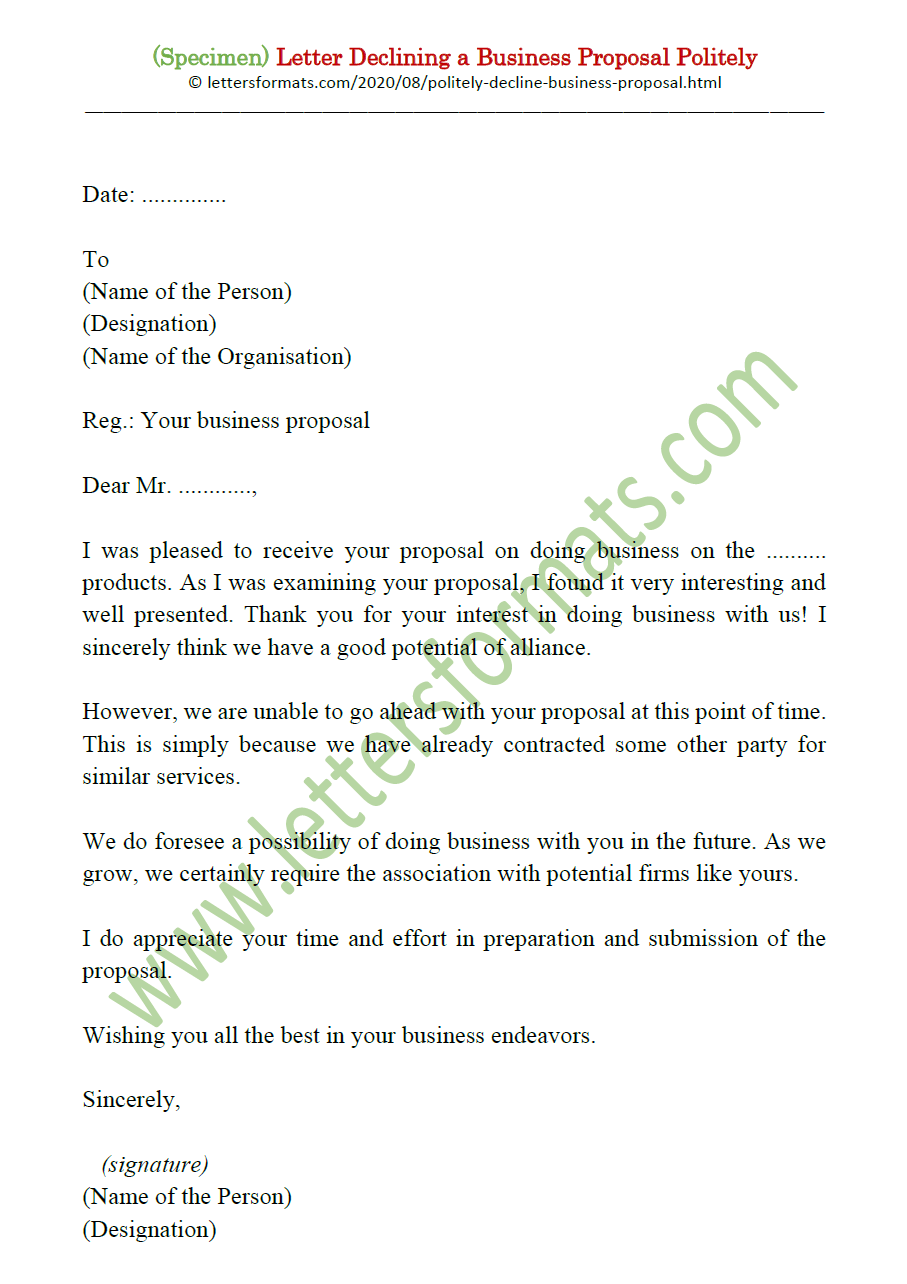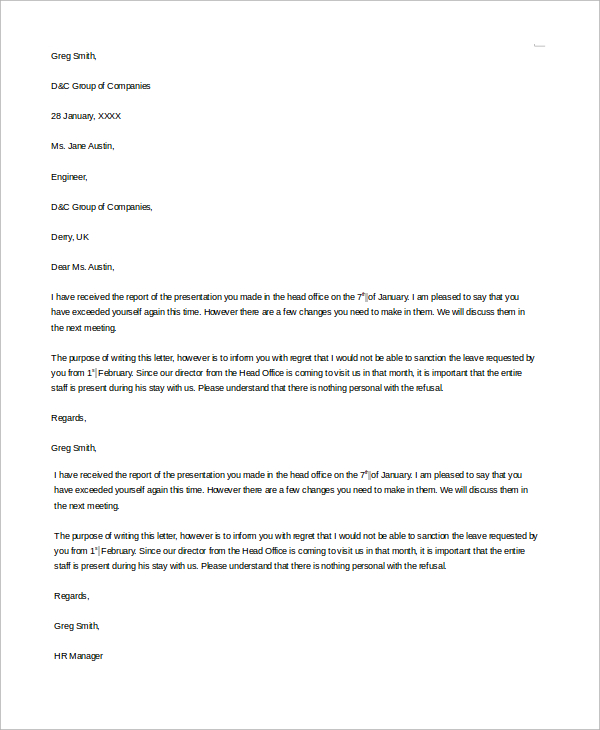How To Reject Client Request Politely
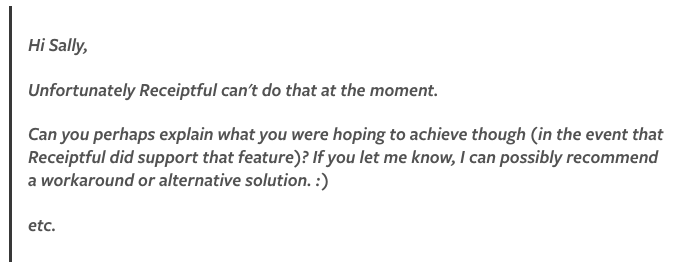
Facing an impossible deadline or a project outside your expertise? Mastering the art of politely declining client requests is critical for maintaining strong relationships and protecting your business. Here’s how to say no without burning bridges.
Saying no effectively preserves your reputation and allows you to focus on projects that align with your strengths. Knowing how, when and why is paramount.
Understanding the Importance of a Polite Decline
Turning down work can feel daunting, but it's often necessary. It protects your resources and prevents overcommitment.
A polite decline maintains a positive client relationship. It shows respect for their needs while setting clear boundaries for yourself.
Steps to Reject a Client Request Politely
1. Acknowledge and Appreciate
Begin by thanking the client for considering you. Express your appreciation for their trust and the opportunity presented.
For example, you could start with: "Thank you so much for thinking of us for this project." This acknowledges their choice and sets a positive tone.
2. Clearly State Your Inability to Fulfill the Request
Be direct and avoid ambiguity. State clearly that you are unable to take on the project at this time.
Use phrases like: "Unfortunately, we are unable to take on new projects currently" or "Due to our current workload, we're not able to accommodate this request."
3. Provide a Reason (Briefly)
Offer a concise explanation without over-explaining. Keep it professional and avoid making excuses.
For instance, you can say: "Our team is fully booked for the next quarter" or "This project falls outside our core expertise."
4. Offer an Alternative Solution
If possible, suggest alternative solutions or resources. This demonstrates your commitment to helping them find a solution, even if you can't provide it directly.
Consider recommending another agency or freelancer who may be a good fit. You could say, "I'd be happy to recommend another agency that specializes in this type of work."
5. Maintain a Positive and Professional Tone
Throughout the communication, maintain a respectful and professional demeanor. Your tone should convey understanding and helpfulness.
Express your regret at not being able to assist them and reiterate your appreciation for their consideration. This leaves a lasting positive impression.
Example Scenarios and Phrases
Scenario 1: Overbooked - "Thank you for reaching out with this exciting project. We're incredibly grateful you considered us. Unfortunately, our team is fully committed for the next few months and we're unable to take on any new projects at this time."
Scenario 2: Outside Expertise - "We appreciate you thinking of us for this. While we're honored by your interest, this project falls outside our area of expertise. I would be happy to recommend [Name of Agency/Freelancer] who specialize in this area."
Scenario 3: Budget Constraints - "Thank you for considering us. After reviewing the project details, we believe our rates may not align with your budget. We wish you all the best in finding a suitable partner."
The Importance of Timeliness
Respond to requests promptly. Delaying the response can lead to frustration and missed opportunities for the client.
Aim to reply within 24-48 hours, even if you need more time to consider. Acknowledge the request and provide a timeline for a final decision.
Consequences of Saying "Yes" When You Should Say "No"
Overcommitting can lead to subpar work and damaged client relationships. It also stresses your team and impacts your overall productivity.
Saying "no" strategically protects your time, resources, and reputation. It allows you to focus on delivering exceptional results for your existing clients.
Next Steps and Ongoing Considerations
Review your current workload and capacity regularly. This helps you proactively identify potential conflicts and avoid overcommitment.
Develop a template for politely declining requests. This saves time and ensures consistency in your communication.
Remember, a well-crafted decline can strengthen client relationships. It demonstrates professionalism, respect, and a genuine commitment to their success, even if you can’t directly assist them this time.
